A Comprehensive Analysis of Business Ethics: Concepts and Evolution
VerifiedAdded on 2021/10/01
|26
|1952
|98
Report
AI Summary
This report provides a comprehensive overview of business ethics, beginning with fundamental concepts such as morals, principles, and values, and extending to ethical culture and corporate social responsibility. It explores the historical development of business ethics in the U.S., from the pre-1960s era through the twenty-first century, highlighting key events, legislation, and societal shifts that have shaped ethical considerations in business. The report examines the benefits of business ethics, including increased employee commitment, investor loyalty, customer satisfaction, and ultimately, enhanced profitability. It also touches upon the extent of ethical misconduct in the workplace, the pressures for unethical behavior, and the process by which business practices transition from legal to unethical and potentially illegal. The report uses tables and timelines to illustrate key points and provides a solid foundation for understanding the importance and implications of business ethics in the modern business environment.
1 out of 26
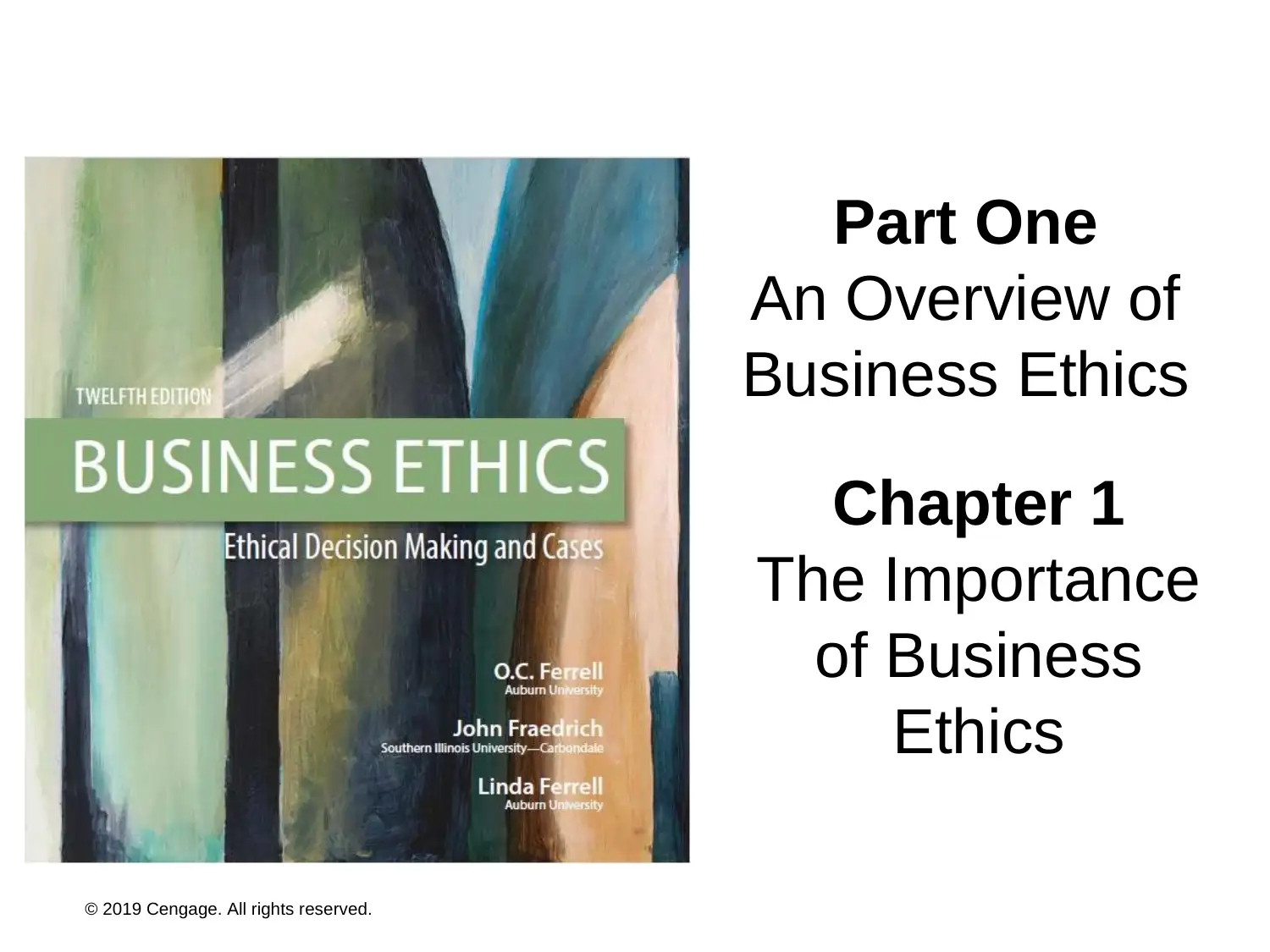
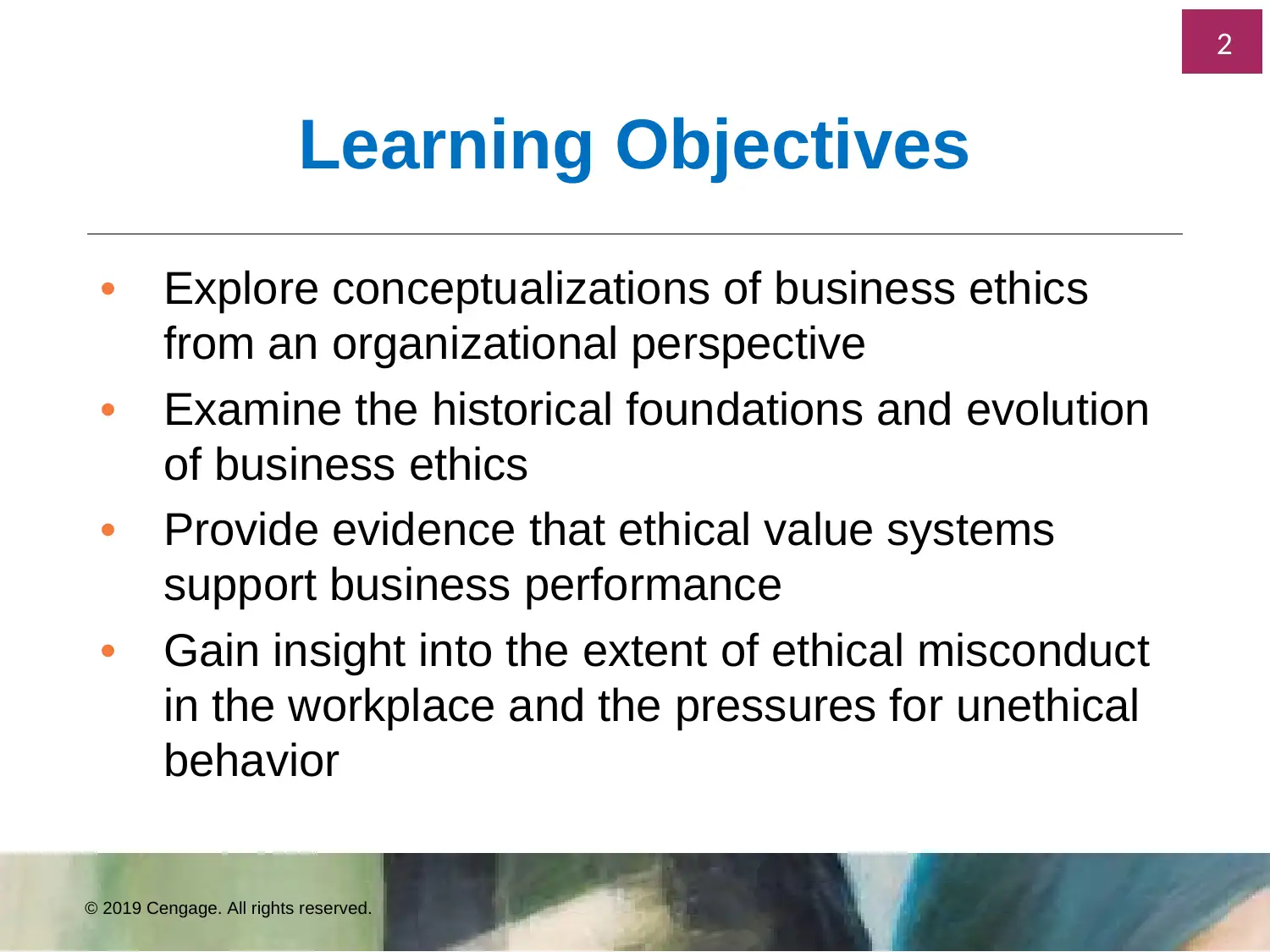
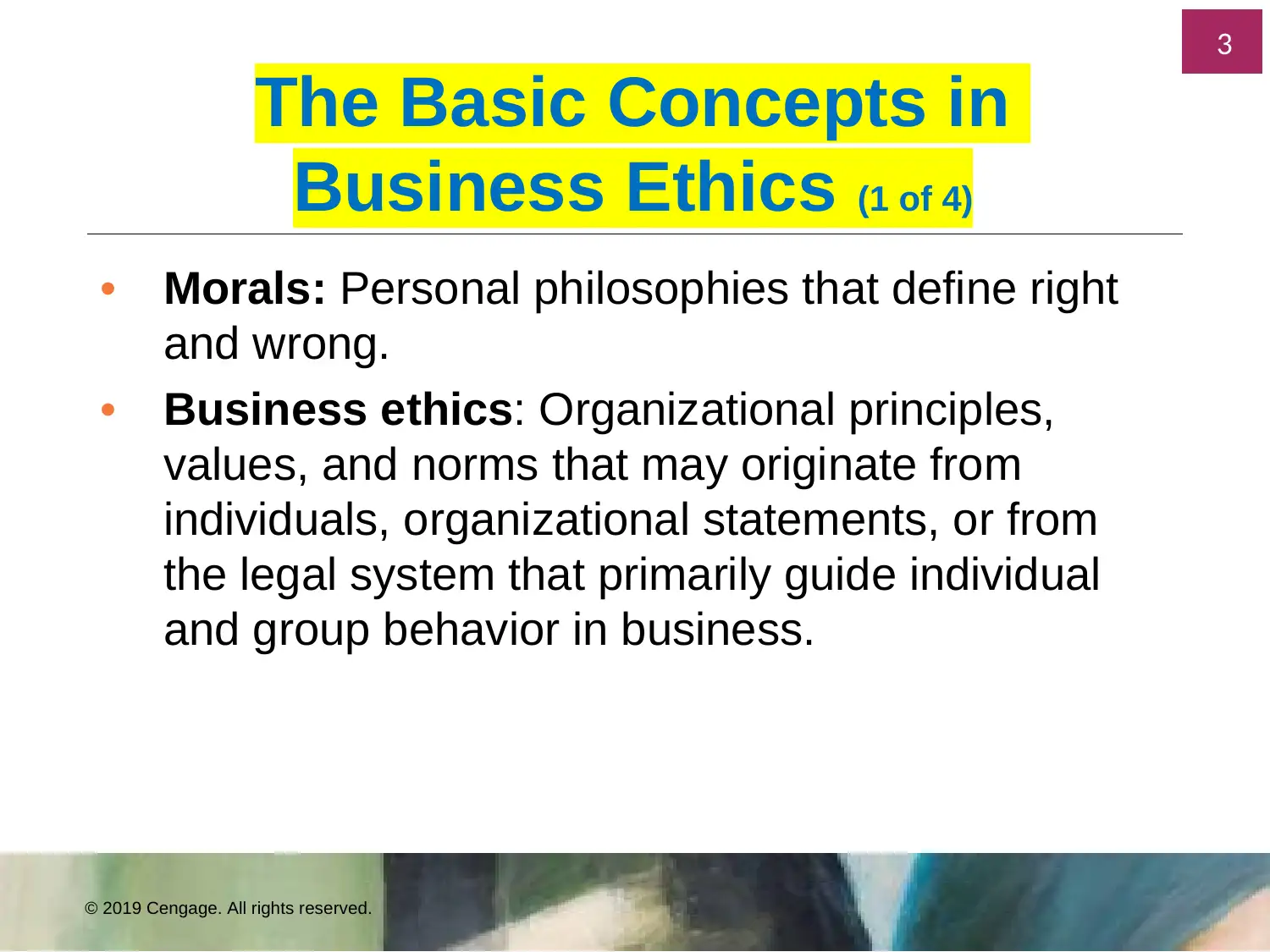

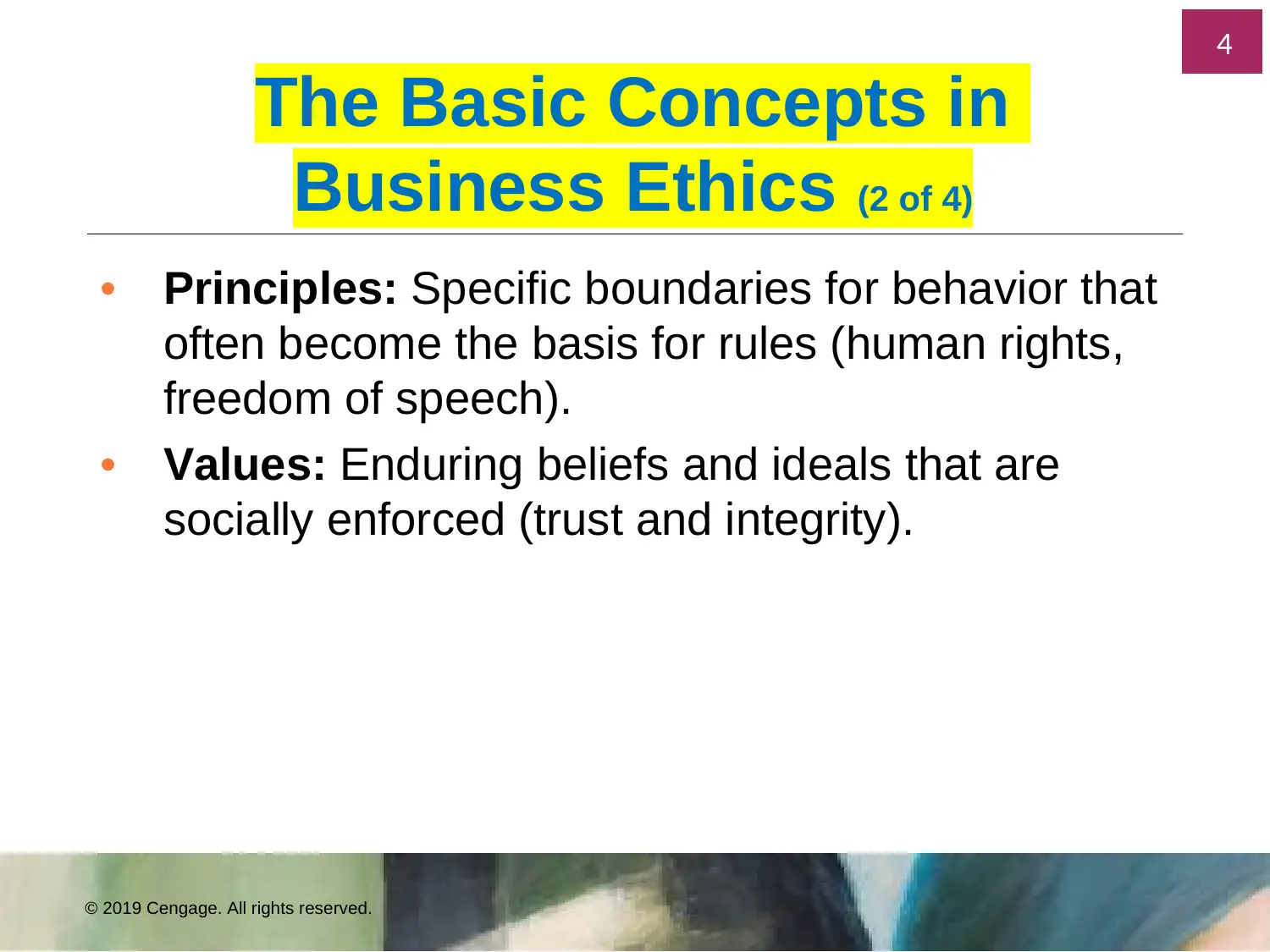
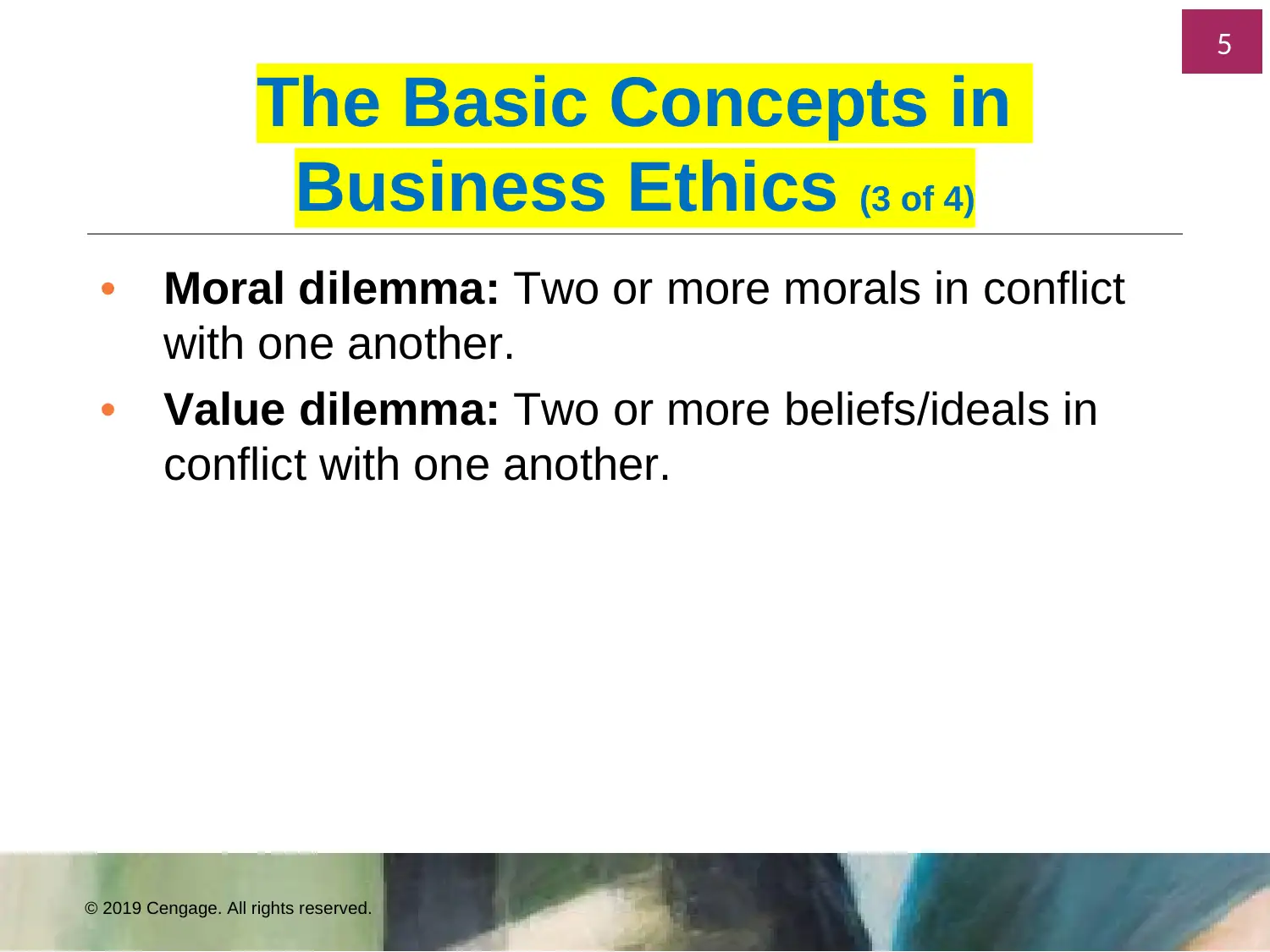
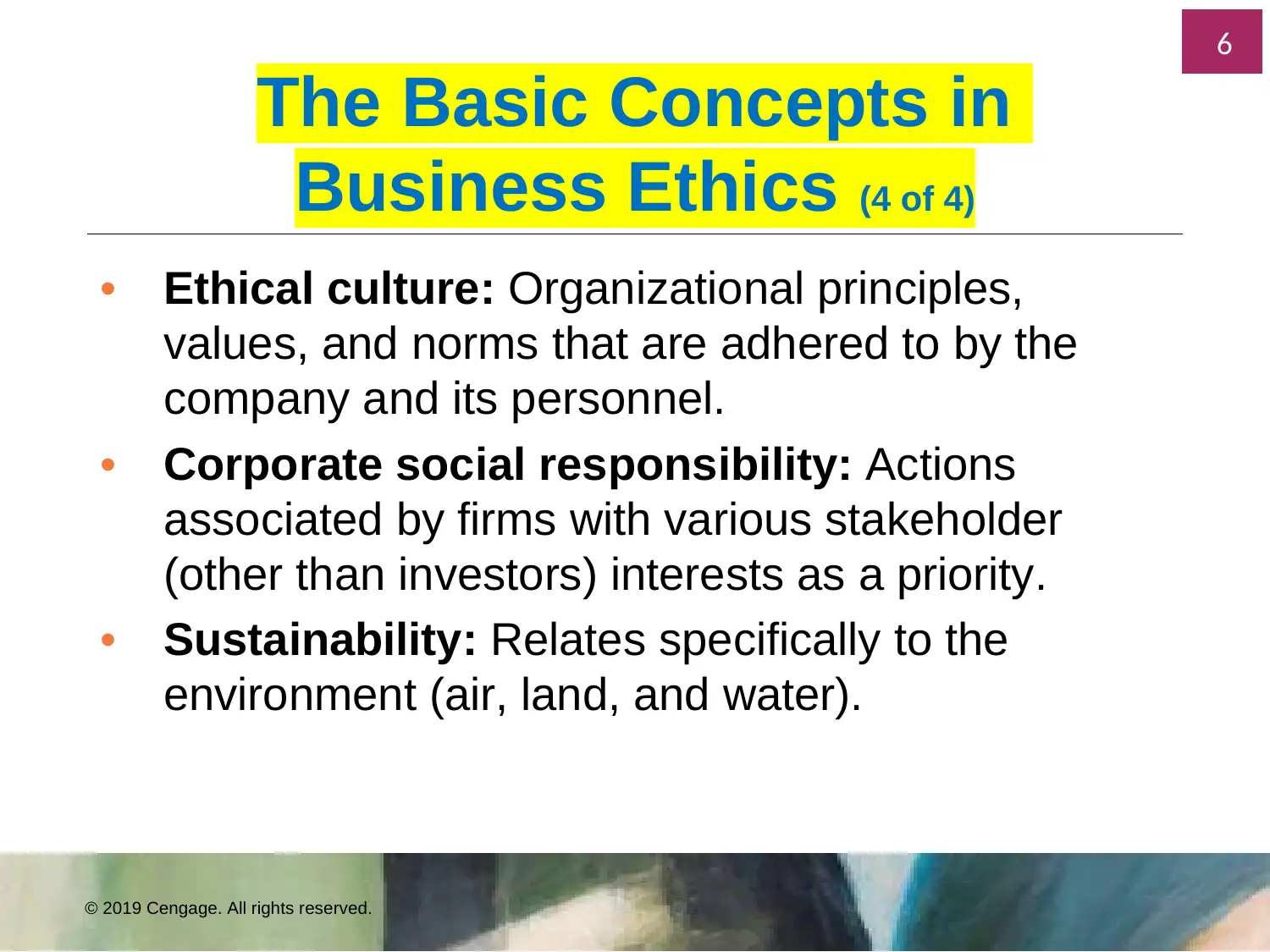
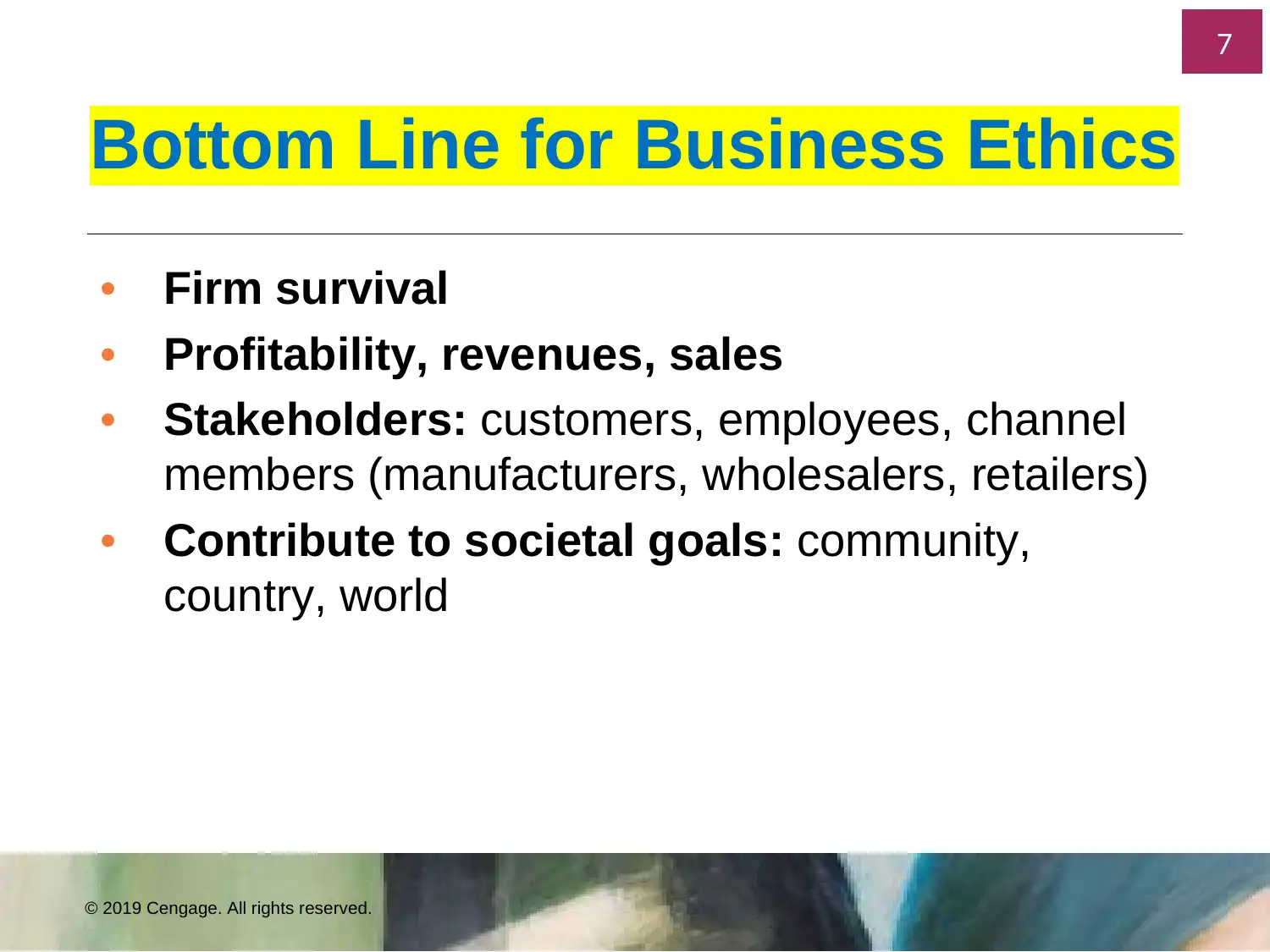
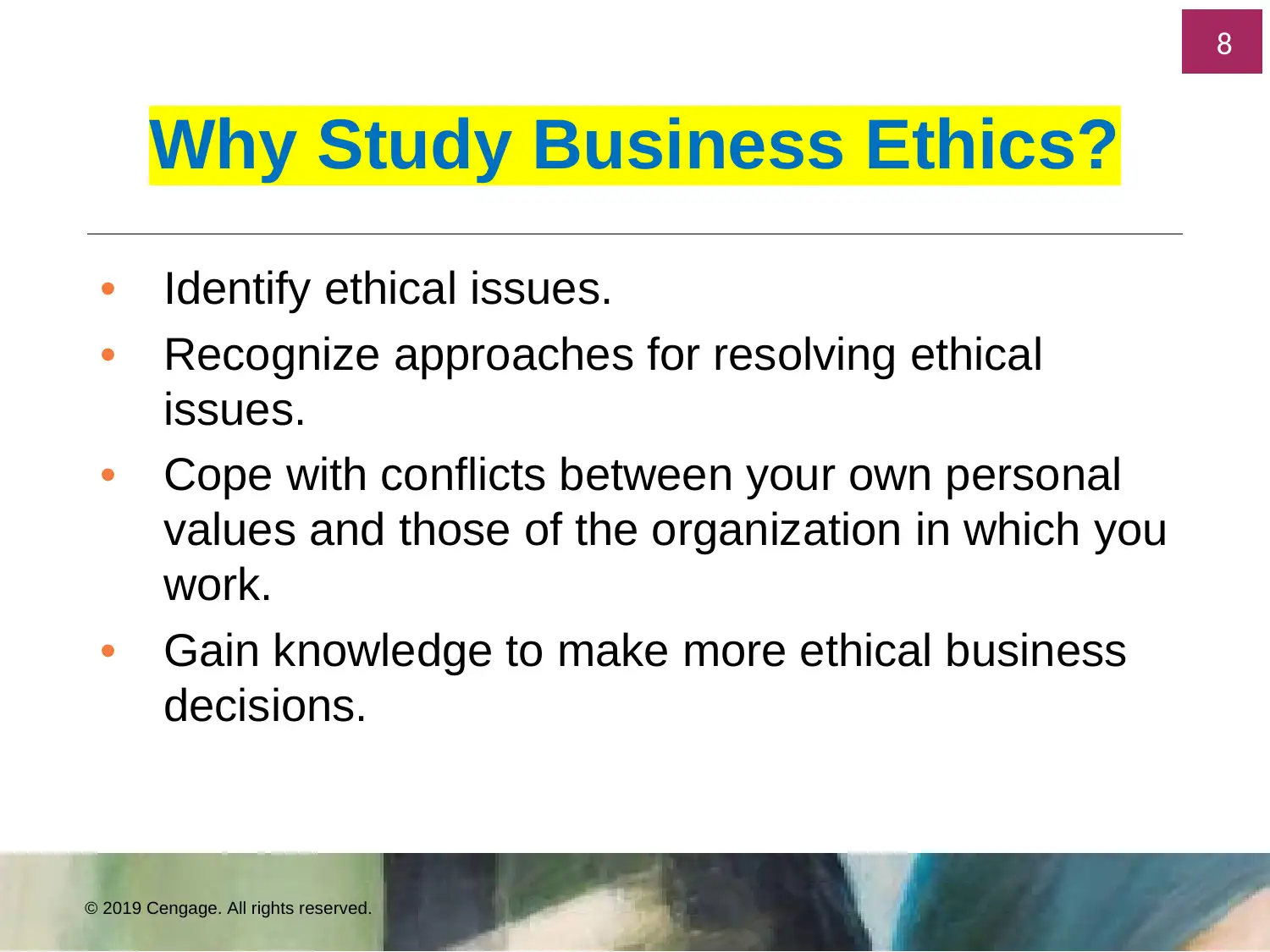
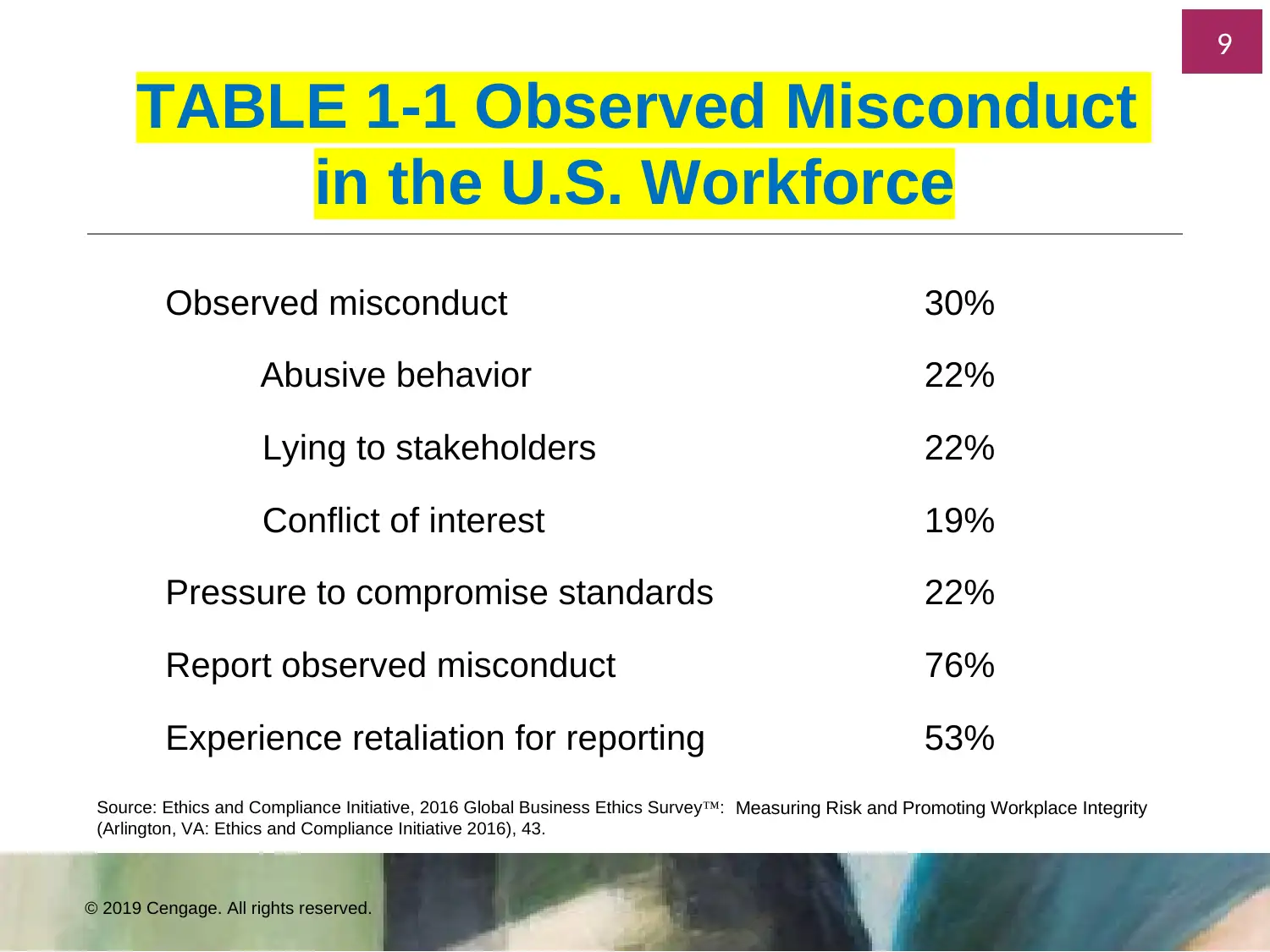
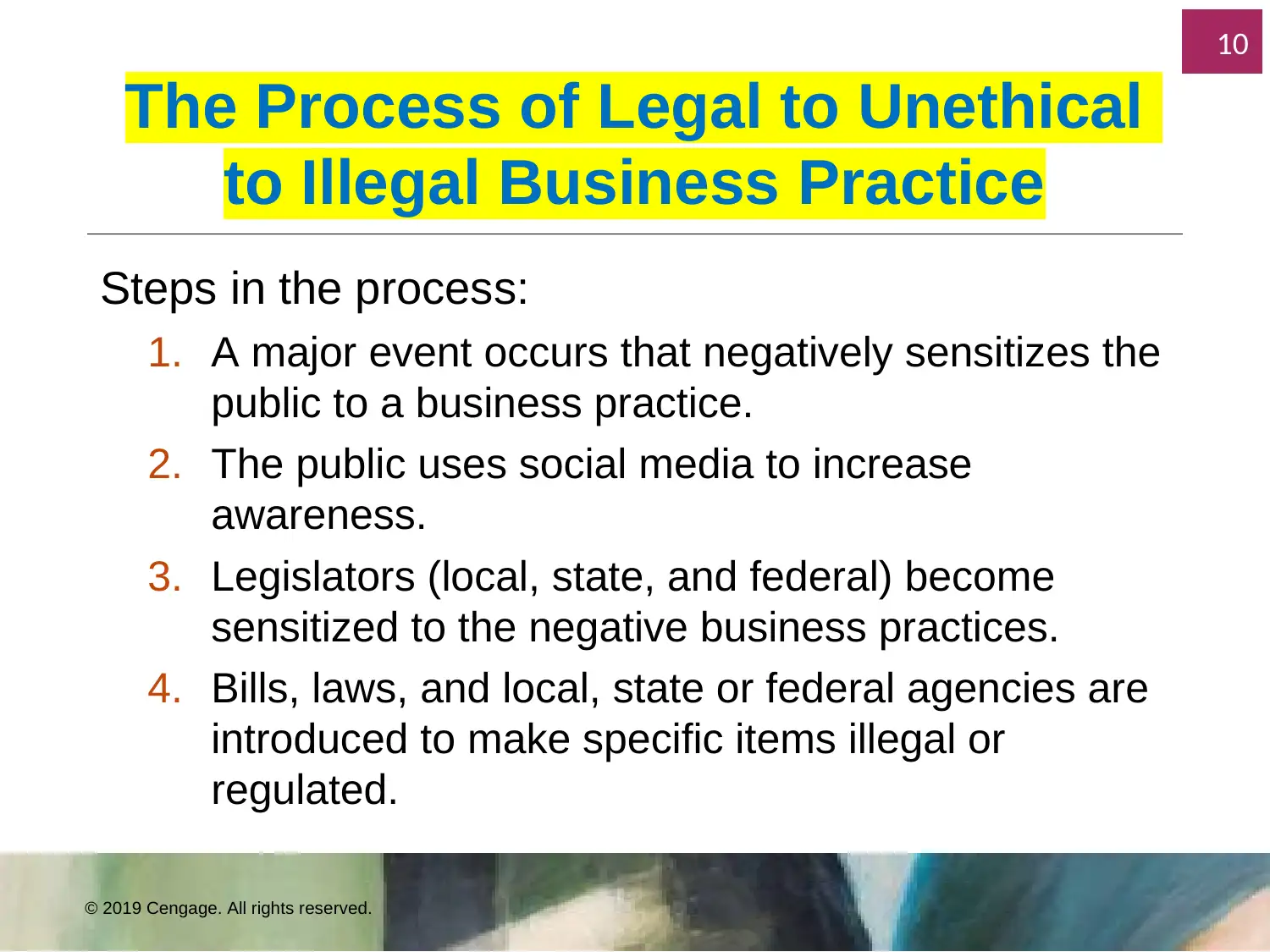
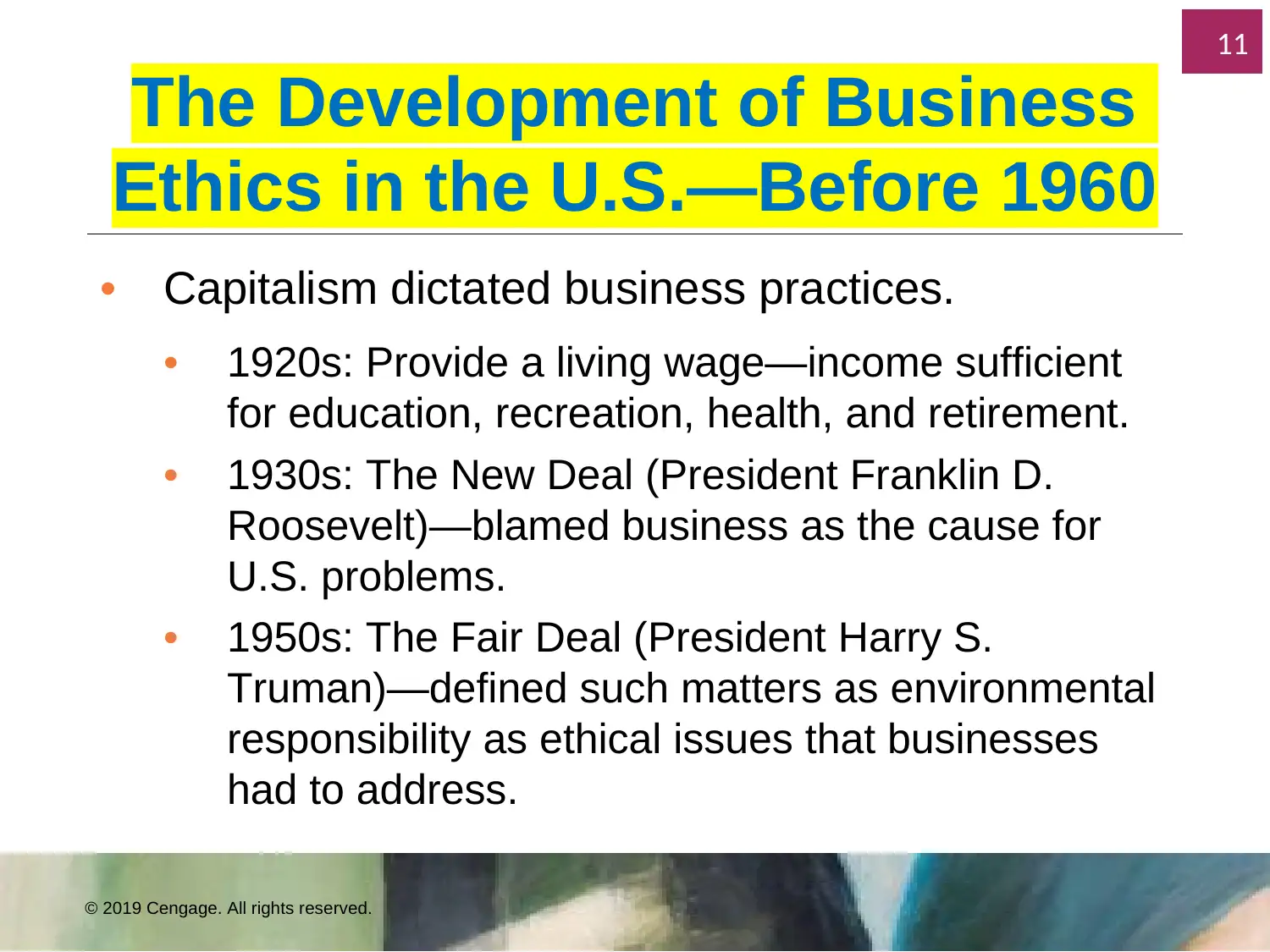
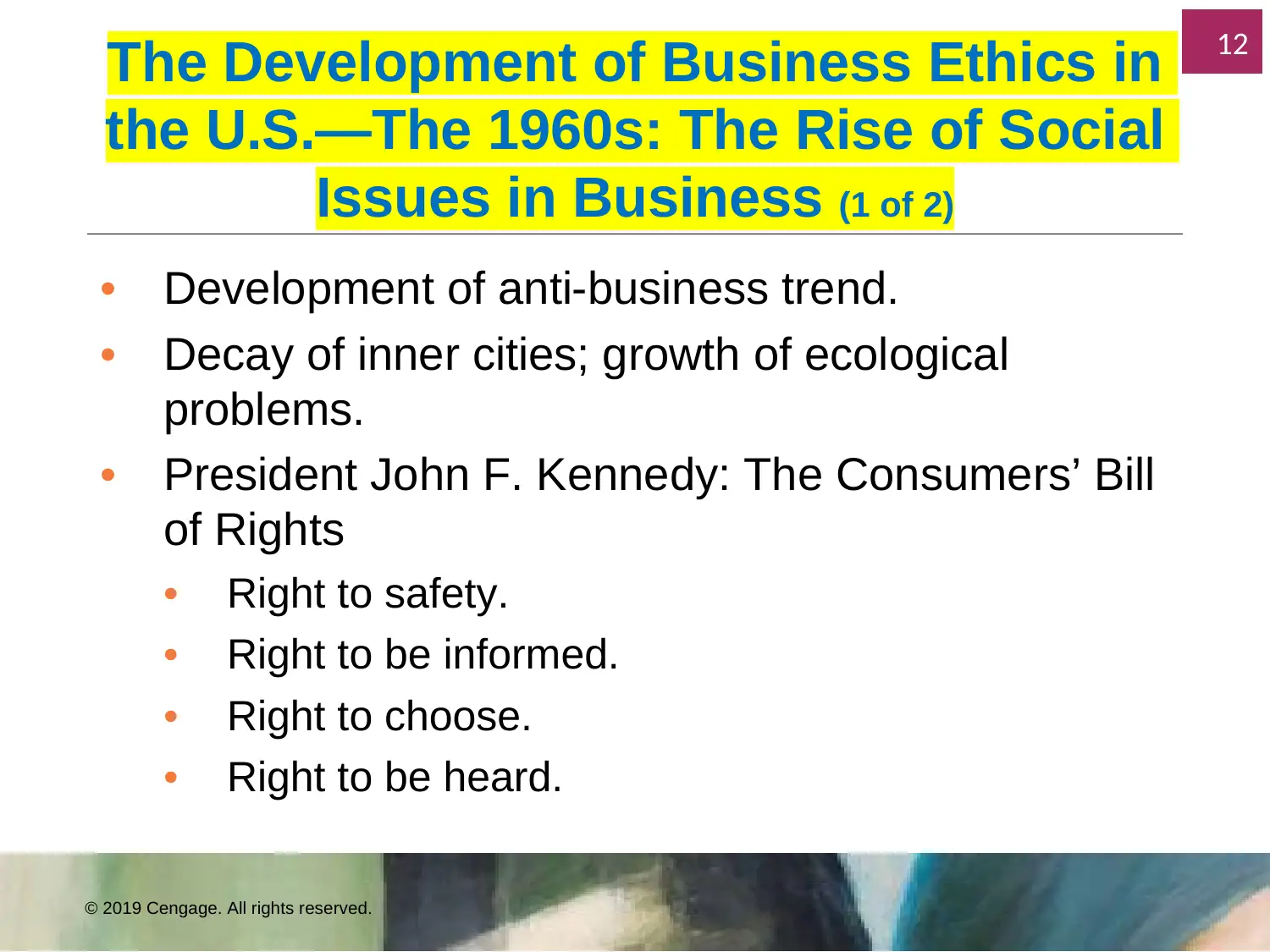





![[object Object]](/_next/static/media/star-bottom.7253800d.svg)